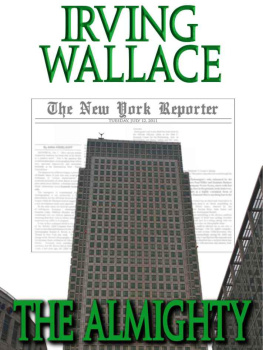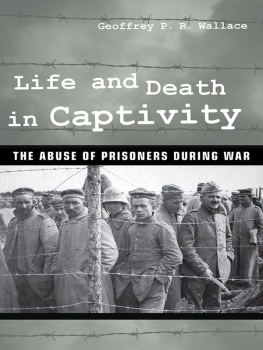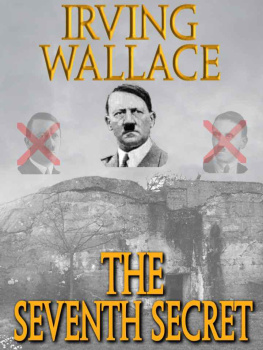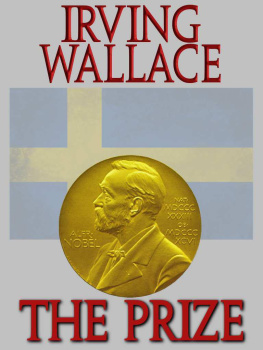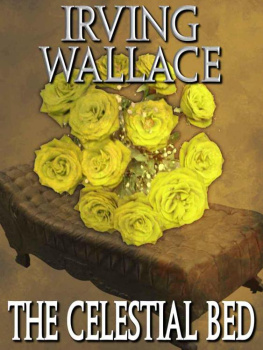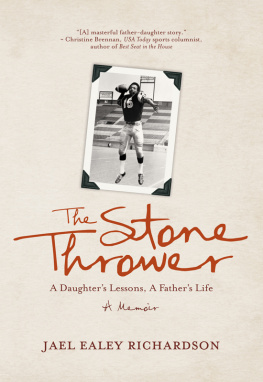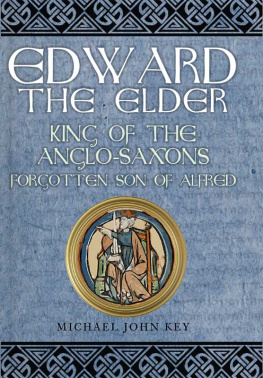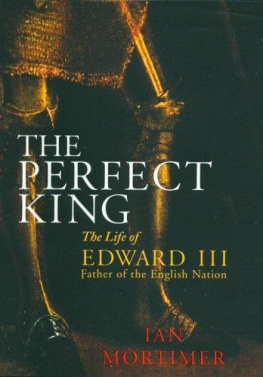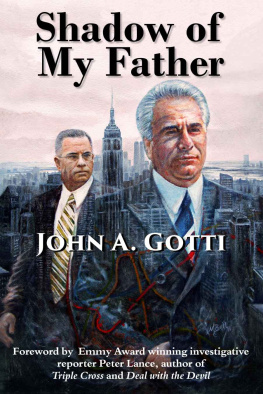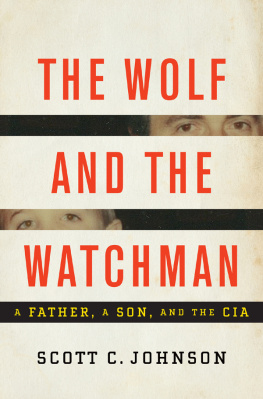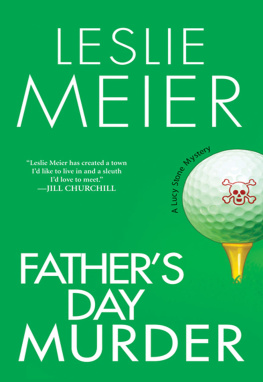THE ALMIGHTY
Irving Wallace

Published by Crossroad Press & Macabre Ink Digital
Copyright 2011 by the Irving Wallace estate
Cover Design by David Dodd
Background image courtesy of: http://evelivesey.deviantart.com/
LICENSE NOTES
This eBook is licensed for your personal enjoyment only. This eBook may not be re-sold or given away to other people. If you would like to share this book with another person, please purchase an additional copy for each person you share it with. If you're reading this book and did not purchase it, or it was not purchased for your use only, then you should return the vendor of your choice and purchase your own copy. Thank you for respecting the hard work of this author.
OTHER CROSSROAD PRESS BOOKS BY IRVING WALLACE
NOVELS:
The Prize
The Man
The Chapman Report
WITH AMY WALLACE:
The Two
AMY WALLACE
Desire
Buy Direct From Crossroad Press & Save
Try any title from CROSSROAD PRESS use the Coupon Code FIRSTBOOK for a onetime 20% savings! We have a wide variety of eBook and Audiobook titles available.
Find us at: http://store.crossroadpress.com
For Sylvia
with
Love andGratitude
George Washington was a terrorist. To describe a man as a terrorist is a term of honor.
A member of the Baader-Meinhof gang
CHAPTER ONE
S he turned her moist eyes up at Armstead. "Roger," she murmured. "Where's Roger?"
For a moment Armstead blinked uncomprehendingly, and then he remembered something else he had briefly forgotten. Roger was his son. He looked behind him and saw that Roger had just reached the coffin from the family room, and was standing over it, his long face set in bewildered grief. As always, Armstead was annoyed with his son. Or displeased. Perhaps as his own father had been with him. But no, his own displeasure was different. The boygrown man, actually thirty-six-year-old manwas too tall, too tan, too outdoors-healthy and uncreative to be his son or his father's grandson. He worked for some strident envionmental group in Wisconsin, always off in the woods or on a lake or river. Armstead was sure Roger had not read a book in years. He couldn't write at all, not even a letter. He came to New York once a year, at Christmas, and kept in touch by sending pamphlets. Where in the hell had his genes come from? Probably some pioneer on Hannah's side.
Armstead summoned his son. "Roger, take care of your mother." Although Hannah was ambulatory, standing any length of time was painful for her. Armstead added, "Help her into the wheelchair."
Armstead released Hannah to her offspring and started for the open chapel door, outside of which the pallbearers had been gathering. He reminded himself not to walk too briskly, and to keep his handshake limp. Gravely he shook hands with the six famous pallbearerswith the Vice-President of the United States, two governors, the mayor, the Army Chief of Staff, a senior astronautaccepting their condolences, giving his thanks. Through his head flitted a picture of the editorial cartoon that had graced the front page of the black-bordered New York Rec ord that morning: a gauzy drawing of E. J. climbing the clouds toward an Olympus where the filmy images of Dwight D. Eisenhower, Winston Churchill, Charles de Gaulle, Anwar Sadat, Francisco Franco, John Wayne waited to welcome him. It gave Armstead a start to recall that his father had known those dim and distant figures, had lived to eighty-one and known all the greats of his time, had indeed been considered one of them.
Armstead abandoned the pantheon of immortals and took in the crowd of personages and faithful nearby. He moved heavily toward them, hoping his Roman visage bore some semblance of contained bereavement. He nodded at his own loyal aides, Harry Dietz and Bruce Harmston, clasped the hand of his father's managing editor, Ollie McAllister. He was briefly surprised to find himself confronted by his father's arch rival, Paul Eldridge, publisher of the New York Times. But then not surprised, because Eldridge was Ivy League and Eastern Establishment and this was the gentlemanly thing to do (although, Armstead suspected, Eldridge probably held some admiration for the less couth E. J., for his father's self-made success, brashness, drive). Eldridge squeezed his hand comfortingly and Armstead squeezed back, reminding himself that they were brothers in the publishing fraternity.
Armstead wandered toward a cluster of conservatively dressed, mostly tailored, women, recognizing some as belonging to the newspaper, some as other men's wives. He nodded, and nodded, and found himself searching for Kim Nesbit. He tried to find her, the willowy youngish woman with corn-silk hair and limpid green eyes. But then he knew that she would not be there. He knew also that she had always been one of the reasons he had resented his father. He tried to believe the resentment grew out of the fact that his father had kept this woman for so many years when his mother had been alive and the fact that Kim had been so young, much younger than he himself was. But the resentment had come from none of these reasons. It had come from the fact that he had envied and been jealous of his father. He was glad Kim had not come to the funeral. It showed she had class. And perhaps it showed that she had not cared for his father very much after all.
His fruitless search for Kim Nesbit ended, Armstead became aware that Horace Liddington was approaching him. Lidding-ton was over six feet tall, with grayish crew cut, trim, impeccably attired in a dark mourning suit with a vest.
"I'm sorry, Edward," he said crisply, taking Armstead's hand with one hand and gripping his shoulder with the other.
'Well, he lived a good life," said Armstead. "He had a good time."
"Yes, he did."
"I guess we'd all settle for that," Armstead added.
"We certainly would," Liddington agreed. He cleared his throat, as if uncomfortable with the small talk and eager to get onto something else. "Uh, Edward, whenever you have the time when this is overI'd like to see you. I'm not rushing you. It can be a day or two. There is some business to clear up.'
"Business? What business?"
"Your father's will. It shouldn't take too much of your time. It's a short document. Much of it concerns you. He was a very wealthy man, as you know. It is important to maintain a continuity in his affairs. Anyway, as soon as you are up to it, let's get together. Possibly tomorrow, if you can."
"What about today?"
Liddington was startled. "Today? Of course. Why not, if you think you can get away."
"I can get away. I think I should know what's in my father's will."
"Absolutely. You should. Well, I'll be driving directly to my office after the interment." He plucked a gold watch from his vest pocket. "I should be there by two o'clock."
"I'll be there right after," said Armstead.
As Liddington turned from him to greet family friends, the full impact of his new situation hit Armstead. The lawyer's remark had made it clear: Much of it concerns you. Positive reassurance that his father's will concerned principally Edward himself. He was not merely a grieving son. He was an heir, an heir to empire. The king was dead. He was the king, the new monarch of all E. J.'s possessions. The millions and millions of dollars, the newspapers and television stations, the power. This had to be. There was really no one else who counted. Edward's mother had died senile three years ago. There was Roger, the grandson, and a few secondary relatives, but the old man had given very little time to any of them. Edward was E. J.'s only child, only heir.

